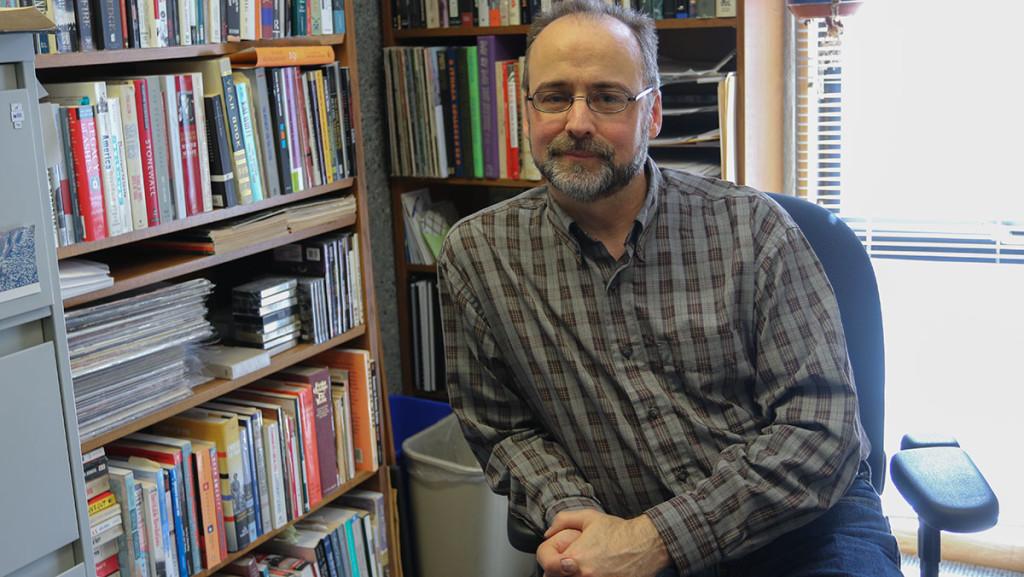As we approach the fourth year of the ICC, we will begin to have the evidence to assess what changes are needed. I suggest we discuss the following four challenges as we consider how to improve the ICC experience.
The central challenge with the themes/perspectives portion of the ICC is student choice. On paper, it is an innovative program with interesting choices. In practice, it is less: a curriculum that is difficult to provide and that limits student authority over their courses.
Students make a large-scale decision — which theme? — very early in their careers when they are more inclined to make choices based on a class than a theme: “What’s a theme?” “What is the meaning of this choice I’m making?” After making that choice, many ICC-themed courses they are interested in cannot count toward their requirements, for the courses are assigned to other themes.
In essence, professors have made most of the choices, deciding which courses should connect to which theme and therefore to which other courses. After a constrained choice between 6 themes, students then face an extremely limited set of choices — in some themes/perspectives, absurdly limited — between courses within that theme.
Is severely constraining student choice of benefit to student learning? Students are smart, creative, and should have the opportunity and responsibility to create their curriculum in general education by following their own passions — they may come up with any number of connections professors simply did not consider. The fix is easy: ease the requirement of having all four perspectives courses conform to one theme. Having two (or three) of their four perspective courses tied to a theme would allow students to explore more creatively the range of courses we offer, while still nudging students to consciously integrate the work in those themed courses.
The central challenge with the Complementary Liberal Arts (CLA) portion of the ICC is that many of the programs in the professional schools have merely shifted required courses for their majors to be their CLAs. These courses have “liberal arts” designations, but it is difficult to see courses specified for a major as general education. At the very least, can we not agree that a course that is not open to the whole campus should not be considered appropriate to a general education program?
The central challenge with the administration of the ICC is that we need leadership on general education, and we have set up a system where that leadership (Committee for College-wide Requirements) is divorced from the portion of the institution with the expertise on general education. The School of Humanities and Sciences is where the liberal arts happen; general education is a mission we embrace. If we had an all-college music requirement, would we administer it outside of the School of Music? Let us use the expertise we have on campus: for general education, that is the School of H&S.
And what are we leaving out so far? It is now possible for a student to go through any number of IC programs without ever taking a course giving them a non-U.S. view of the world; it is equally possible for students to leave IC without taking a course that shows how much human societies change over time.
The diversity and writing intensive overlays are excellent (bravo!), but why are we not nudging every student — somewhere, anywhere in a student’s four years at IC — to take a course with a global perspective and a course with a historical perspective? More students were guided to take such courses in our old gen ed programs than under the ICC; surely we can do better. After all, students are entering a very globalized society that is changing at historically fast rates.
These four issues should be among those we discuss as we try to improve the ICC to serve our students still better.
Michael Trotti is a professor and chair of the Department of History. Email him at [email protected].















